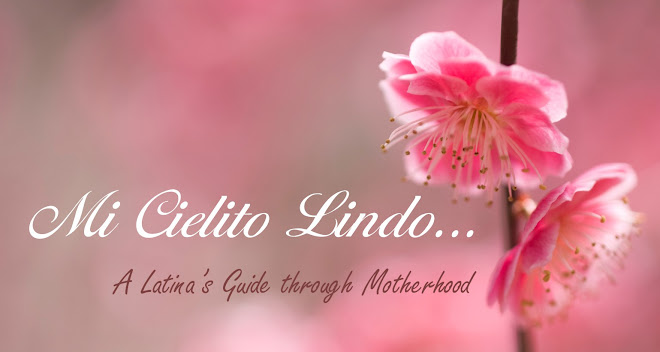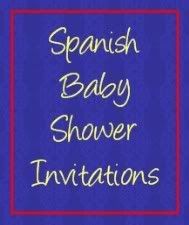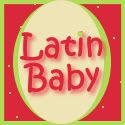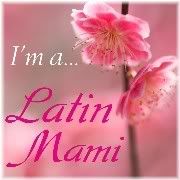 When I sat down at the computer today wondering what I should discuss, it suddenly occurred to me that at the end of this month, we will be celebrating Día de los Niños/Día de los Libros. Such a fabulous holiday! And so much to say and write about. So in the spirit of celebrating both our culture and our children, I will be posting a lot this month about events and activities that you can do with the niños in your lives, as well as featuring a few authors that I feel deserve special recognition.
When I sat down at the computer today wondering what I should discuss, it suddenly occurred to me that at the end of this month, we will be celebrating Día de los Niños/Día de los Libros. Such a fabulous holiday! And so much to say and write about. So in the spirit of celebrating both our culture and our children, I will be posting a lot this month about events and activities that you can do with the niños in your lives, as well as featuring a few authors that I feel deserve special recognition.But let's start with the actual holiday. Orginally a Mexican tradition known as Día del Niño, or Day of the Child, it resulted from the 1925 "World Conference for the Well-being of Children" held in Geneva, Switzerland. But in 1996, author Pat Mora, became inspired to combine the holiday with literacy for children and thus, Día de los Niños/Día de los Libros was born. Ms. Mora soon found support from across the country, and the vision exploded.
Today, Día de los Niños/Día de los Libros (also known as simply Día) is the celebration and honoring of our children, who represent the hopes and dreams of every family and community. They are our future and the path that our history will take, depends upon their choices and actions. It advocates literacy for children of all linguistic and cultural backgrounds, as essential to their mental development and well-being.
The current outlook is that Día is celebrated every day, culminating on April 30th with events and activities all around the country. Families, libraries, community centers, book stores, museums, and more, all plan and initiate events to observe this holiday and to promote the idea of "bookjoy." (Doesn’t that word make you happy just by reading it?)
Founder, Pat Mora’s web site lists the goals of Día as a daily commitment to:
1) honor children and childhood,
2) promote literacy, the importance of linking all children to books, languages and cultures,
3) honor home languages and cultures, and thus promoting bilingual and multilingual literacy in this multicultural nation, and global understanding through reading,
4) involve parents as valued members of the literacy team,
5) promote library collection development that reflects our plurality.
In 2005, the Association for Library Service to Children (ALSC) offered to become the national home of Día. Today, their web site offers a vast amount of resources for librarians, teachers and parents who wish to observe the holiday. It also providse a brief history of the tradition, lists national events, and gives suggestions for establishing education programs.
To check out the official Día site, click here.









No comments:
Post a Comment